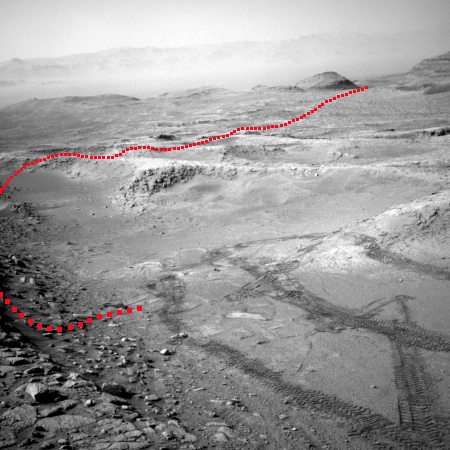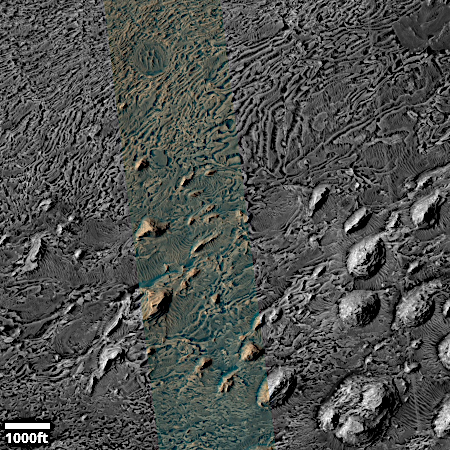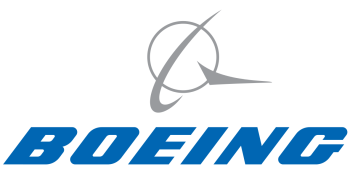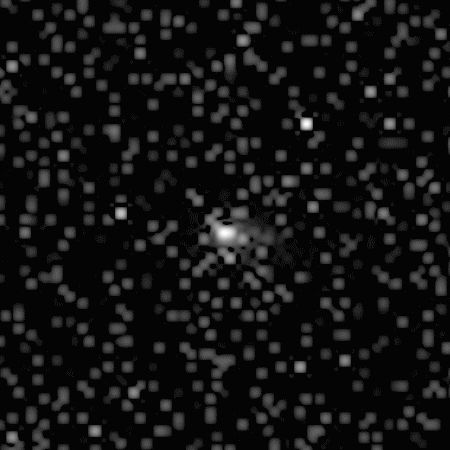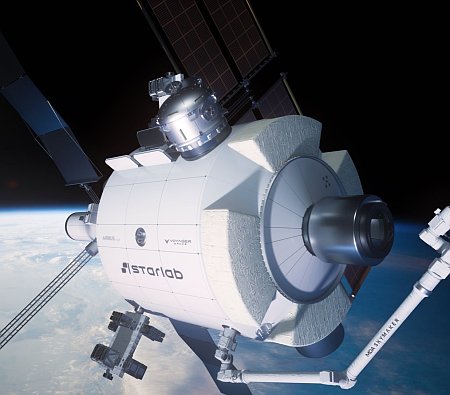First launch of Rocket Lab’s Neutron rocket delayed until 2026
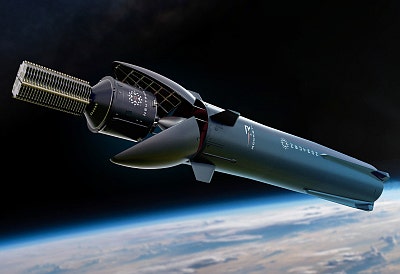
Artist’s rendering of Neutron’s first stage fairings opening
to deploy the payload with the second stage engine.
Despite a concerted effort in the past year to achieve the first launch of its new reusable larger Neutron rocket before the end of 2025, Rocket Lab this week revealed that the company is now targeting a 2026 launch instead.
Sir Peter Beck, the CEO of Rocket Lab, announced the shift in plans during the third quarter earnings call with investors on Nov. 10. He said that the company’s goal is to get the rocket out to Launch Complex 3 at the Virginia Spaceport Authority’s (VSA) Mid-Atlantic Regional Spaceport (MARS) within the first quarter of 2026 “with first launch thereafter.”
“As always, this is a rocket program that’s been completed at a pace and a cost that nobody has achieved before and the financial and long-term impacts are insignificant to take a little bit more time to get it right,” Beck told investors on the call.
During the call officials also made clear that there would be no attempt to recover the first stage on that first flight, as the landing barge won’t be ready by then. It hopes a landing attempt will occur on the second flight.
Finally, officials revealed that the company has spent a bit more to develop Neutron then the originally planned cost of between $250 to $300 million. Right now it expects to spend about $360 million by the end of 2025.
This delay or the increased cost are relatively inconsequential when looked at in context. Rocket Lab had only started this project in 2021. To create a new rocket in less than five years for only about a quarter of a billion dollars is quite unprecedented.

Artist’s rendering of Neutron’s first stage fairings opening
to deploy the payload with the second stage engine.
Despite a concerted effort in the past year to achieve the first launch of its new reusable larger Neutron rocket before the end of 2025, Rocket Lab this week revealed that the company is now targeting a 2026 launch instead.
Sir Peter Beck, the CEO of Rocket Lab, announced the shift in plans during the third quarter earnings call with investors on Nov. 10. He said that the company’s goal is to get the rocket out to Launch Complex 3 at the Virginia Spaceport Authority’s (VSA) Mid-Atlantic Regional Spaceport (MARS) within the first quarter of 2026 “with first launch thereafter.”
“As always, this is a rocket program that’s been completed at a pace and a cost that nobody has achieved before and the financial and long-term impacts are insignificant to take a little bit more time to get it right,” Beck told investors on the call.
During the call officials also made clear that there would be no attempt to recover the first stage on that first flight, as the landing barge won’t be ready by then. It hopes a landing attempt will occur on the second flight.
Finally, officials revealed that the company has spent a bit more to develop Neutron then the originally planned cost of between $250 to $300 million. Right now it expects to spend about $360 million by the end of 2025.
This delay or the increased cost are relatively inconsequential when looked at in context. Rocket Lab had only started this project in 2021. To create a new rocket in less than five years for only about a quarter of a billion dollars is quite unprecedented.



